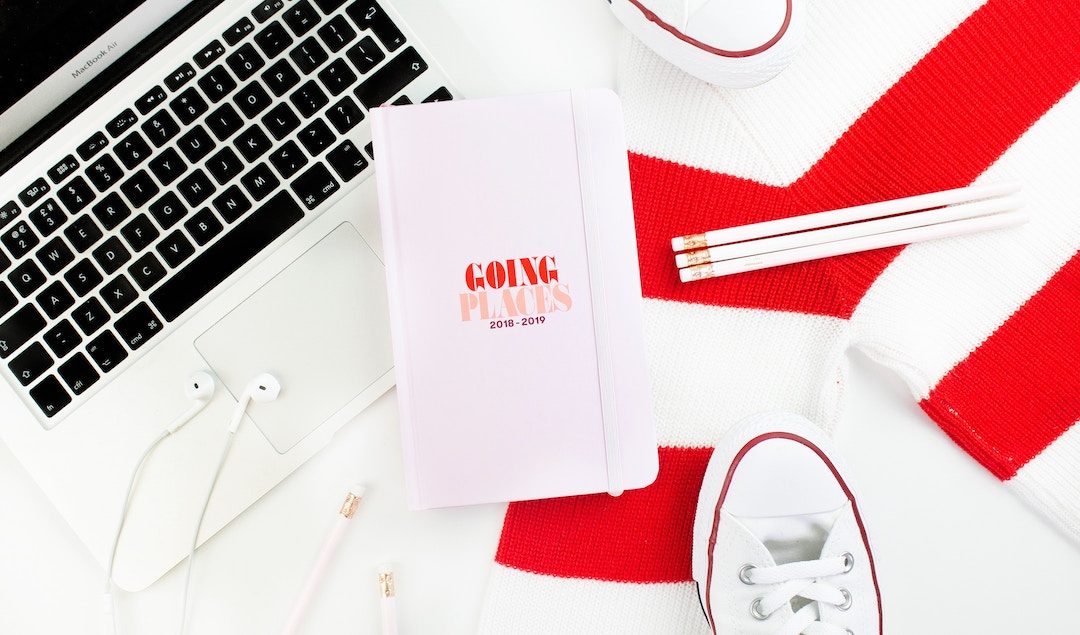
by Rachel Toalson | Wing Chair Musings
The other day my husband and I were finishing dinner for our sons, and I, having come off a high from my current work in progress, which finally hit its sweet spot after two weeks of struggling, said, “I don’t know if I’ve said this recently, but I really, really love what I do.
My husband hears this often; I can’t help but express gratitude for the gift of doing what I love—creating what was not there before. I love the entire process—research, brainstorm, drafting, revising, editing. It feels like a sacred process to me, where truth is mixed purposefully with fiction, reality merges with story, hopes and dreams and affirmations of identity crawl into carefully chosen words. It is, I believe, a great privilege to remind people who they are, to reassure them they are loved, to tell them they are not alone, we belong to each other, we can do hard things, there is hope.
I find exquisite joy and wonder and satisfaction in this act of creation. But that joy and wonder and satisfaction gets challenged when I accidentally consider one tiny little piece of the process: numbers and reviews.
At times in my writer journey, I have created something and put it out there for the world to see, and the numbers have disappointed—there aren’t enough likes, shares, hearts, comments, sales, whatever. Social media and the easy access of Internet often make it difficult for a writer to create without looking at the numbers, and those numbers, at least for me, are like misty clouds fogging up my joy.
Reviews are another beast entirely. My agent, who also wrote and published a book last year, recently shared a twitter thread about how one reviewer of her book kept persistently tagging her in a negative review of the book. The reviewer tagged her multiple times, almost as though she wanted to make sure my agent saw just how much her book was hated.
That’s enough to sometimes make a writer hold all her words close and forget about sharing them with the world. I often wonder if reviewers forget that a writer is a real person, a person who puts pieces of herself into her work, a person who works for months—sometimes years—to finish a project, a person who is full of insecurities and doubts and their own Voices of Doom that stem from their past and trauma and even, perhaps, already-noted reviews.
At the beginning of January, when I returned to work after two weeks of holiday with my family, I picked up a brand new project and I slogged through the writing of it that whole first and second week. Plaguing me was a review I’d read of my first traditionally published book, The Colors of the Rain. It circled through my head and sat near the back of my eyes so every time I closed them, which I do to visualize scenes, those negative words flashed neon bright. The reviewer, an adult, had called my book unbelievable, had said she couldn’t finish it. It didn’t matter that the same day she posted this review a fifteen-year-old boy had thanked me for writing the book because it looked so much like his life and he felt seen and understood and like his experiences mattered. My book validated his life, reminded him that he was worth something greater than what he’d been through.
So after the first two weeks of slogging, I sat down and had a talk with myself. I said, Remember your true audience. They need your book.
And then I got to work.
Not everyone will love what I create. That’s okay. The important thing is that I remember for whom I’m creating, and why, and I leave the rest behind.
Lives can’t be changed by contributions that don’t exist.
(Photo by Emma Matthews on Unsplash)
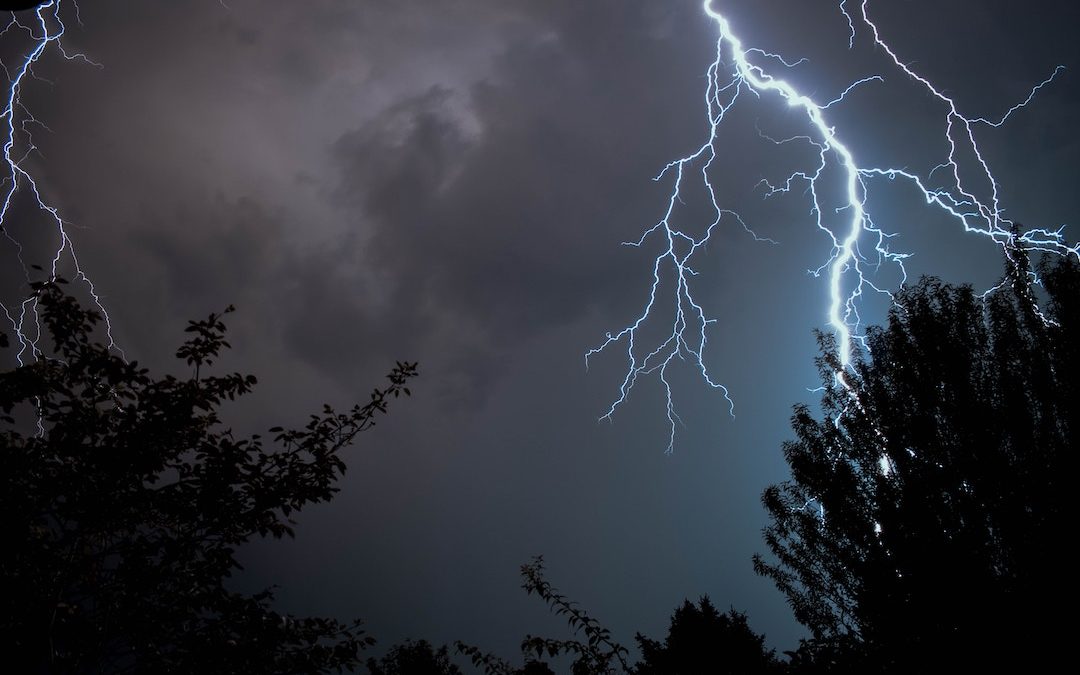
by Rachel Toalson | Wing Chair Musings
Lightning illuminates the window, like a scary film’s opening. Husband and I look at each other. We can already tell it’s going to be a bad one. Which means…
Knock knock knock
It begins.
Over the next half hour, they are in and out of our room, racing between the gaps of lighting and thunder. The rumbling crashes and echoes across the canyon in a way that makes it sound much worse than it actually is. The rain hisses and whips against the window, the wind picking up into what sounds like a dragon roar.
They are, predictably, scared. And though the knocking followed by kids announcing they’re scared (as if we don’t already know) starts to get annoying when my husband and I are ready to go to bed ourselves, I know that the announcement, the communal nature of this safe place, this bedroom where a mom and dad recline with books open on their laps, is a comforting place. I remember how terrifying storms could be when I was a kid. My mom would let my sister and brother and me sleep together in the living room, which was in the center of our house. I remember once sleeping in boxes, like we were camping in our own personal tents, but that memory might be inaccurate, something I constructed over an experience less exotic.
I used to dislike storms, and I still dislike driving in them. When I was a teenager I used to check the clouds to make sure there were no funnels, because I was terrified of tornadoes. Now I rarely worry about that sort of thing; San Antonio is not known for tornadoes. I’ve grown up, and storms are, if not calming, at least tolerable. But I remember enough to empathize with my sons, so patience does not feel like it asks too much tonight (though a sleep-deprived tomorrow might tell another story).
Eventually our sons go to sleep and my husband and I lie awake in our bed, the storm roaring and flashing outside our bedroom window. Both of us toss and turn, finding sleep close to impossible.
But maybe storms are not meant to be slept through.
Maybe they are, instead, meant to be enjoyed.
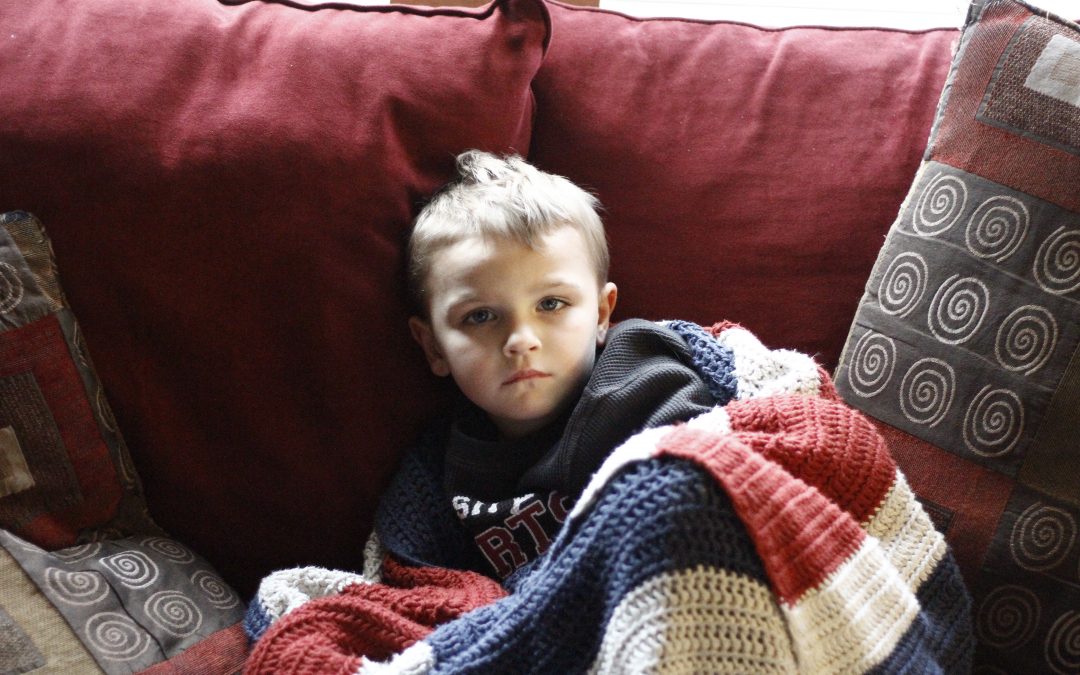
by Rachel Toalson | Wing Chair Musings
He languished by the lamp, head drooping, book in his hand. I sat beside him. “You feeling okay?” I said. I already knew the answer, but I wanted to hear it from him.
He didn’t even speak; he only shook his head. I could feel the heat radiating from his skin; he had all the outward signs of the flu.
I took him in my arms, let him rest his head against me. The possibility of contagion doesn’t bother a mama whose son is battling sickness. So though I was the only one in my house who hadn’t gotten a flu shot this year, I rocked my son because he needed me.
I read stories. I rubbed oils on his chest. I let him sleep in my arms—because he is getting bigger and he will not always allow me to do this. I held him as long as I could, as long as he needed.
And though I am glad my son does not suffer from sickness often, or sickness that is terminal, I enjoyed the time I had with a four-year-old who didn’t feel like bouncing out of my arms before I was ready.
I soaked up the moment, which lasted only two days.
Today he is racing in and out of rooms, flinging flowers at me, trying to find where he put his shoes so he can go out back and sword fight with sticks.
The smell of him clinging to my shirt.
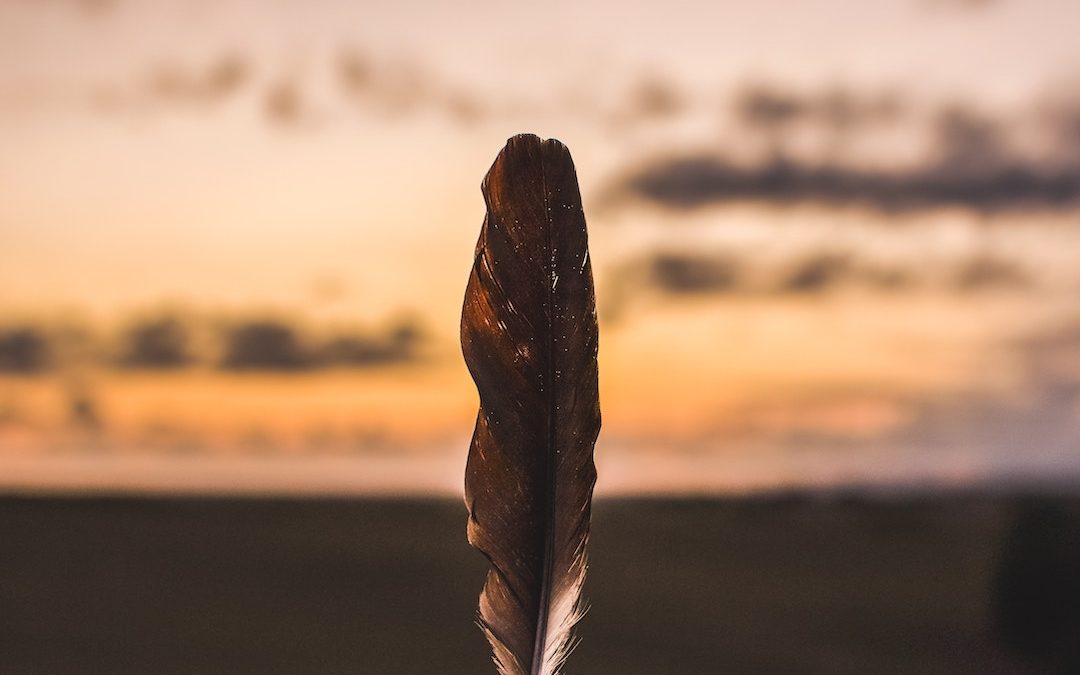
by Rachel Toalson | Wing Chair Musings
After my traditionally published book released last September, once the dust settled, I was feeling depressed and out of sorts. Part of it could be explained away by the demands on my time and the fact that I am an introvert who gets somewhat annoyed when my schedule is interrupted with out-of-the-ordinary activity. When my calendar gets crammed, as it tends to get during book launch season, I feel stressed and overwhelmed (which is also why my sons have not yet joined sports, though I have one in orchestra this year).
At the same time, lists began to greet me at every turn—favorite books, best books for the holidays, best-of 2018, awards lists. There is a book list for practically everything. And comparison loves lists. I fell hard into the sticky web of I guess I’m just not good enough.
But it was, of course, more than that.
The writing life isn’t an easy one. It’s especially not easy when you’re the mother of young children. At the same time I was recuperating from the busy launch season I had a son struggling with middle school, another upset about the necessity of speech lessons, and two others who were having behavioral issues at school.
When there are crises in my home, my first now-predictable response, as a mother, is to question whether I am doing the right thing to pursue a career and work outside the home (even though I technically work from home). Maybe it’s because of the pressures that exist in modern motherhood, but when my sons struggle, I feels as though it’s a direct reflection on the time I spend doing anything other than caring for my family.
I know I was made for writing. When I write, I feel as though I am doing exactly what I was brought into this world to do. I feel free and hopeful and alive. When I’m talking about writing or new projects or ideas I feel shaky with the bound-up energy of this knowing.
What would happen if I were to give that up?
I know myself. I know what would happen. I know I would not be the best version of myself that I could be. I would not fulfill my full purpose. I would waste potential and talent and opportunity. I would lament and resent.
Around this time, my husband and I were about to visit New York for the first time, a late fifteen-year anniversary celebration of sorts. He had a work conference, I was set to meet both my agent and my editor in real life, and we had planned a day to ourselves, for pleasure and touristy things. I didn’t even know if we could afford the trip in terms of both money and absence from our children, but there it was, already booked.
So I went. I had a lovely visit with my editor, who told me she absolutely loves my work and wants as much from me as she can possibly get. And the hope began to peer in at the edges.
At all junctures of my life I can feel hope peering in, no matter how bad things got. My parents divorced—there was hope. My father left in totality—there was hope. My sons and I are struggling with anxiety and depression—there is hope.
Hope is a powerful force, the kind of force that can lift our heads and whisper, Get up, you’re still alive, you were made for more than this.
You were made for more than this burden you carry, this disappointing setback, this scary circumstance. There is still hope.
There are so many people in our world who think and feel that they are without hope. It is up to us—the hope-filled ones (at least today)—to find them and tell them: Life’s an unpredictable thing. It can change in a moment. The night never lasts forever.
Go out into the world and shine your light of hope.
(Photo by Daniele Salutari on Unsplash)
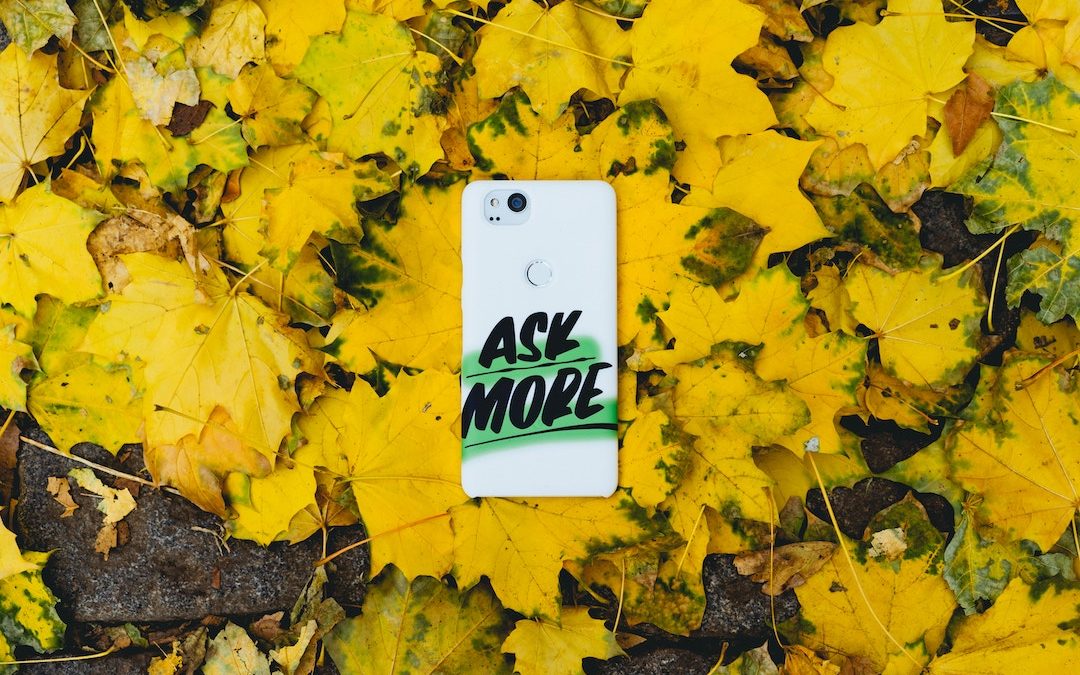
by Rachel Toalson | Wing Chair Musings
He said, “For someone who knows so clearly what you want, it’s annoying to me—someone who doesn’t have as clear of an idea—that you have a hard time asking for it.’
Maybe I’m too careful. Maybe there are times I need to step out of my accommodating, forgiving nature and assert myself.
“What’s the worst that can happen?” he says.
I’ve never liked answering that question.
•
Being the owner of an overactive imagination, there are plenty of worst things that can happen. They all come creeping in at the slightest invitation—like the question, “What’s the worst that can happen?”
I don’t want to look any one of them in the eye, lest I lose my nerve.
•
I’ve typed the email a dozen times, and it still doesn’t feel right. Have I really asked for what I want, or is it just another soft, kind, accommodating note that doesn’t really say much?
I send it off to a writer friend.
She sends it right back with confirmation: It’s just another soft, kind, accommodating note that doesn’t really say much.
•
My sons are young, and my husband and I have tried to raise them in an environment that values good communication skills. “Use your words” is something we say often when they feel upset or angry or sad. They are learning in ways their father and I—a generation that was taught to hide more than it revealed, to suck it up, get over it, life’s got a lot of hard knocks, kid, take what’s handed out without complaining—never did.
Maybe in their future, they will be able to use their words to ask for what they want.
Maybe they will be better than I have been.
•
I’m standing at my computer again. I sort through the questions: What do I want? What do I expect? What is the problem that keeps me from getting what I want or expect?
It all makes sense in my head, but when I get ready to write it down, my fingers feel stiff and uncooperative.
But I flex them, and the words, clunky and patchy at first, spill, stain, solidify.
•
We ask for what we want, because if we don’t, the person on the other side of our asking won’t know what we want. We ask to clarify, to make aware, to say that my needs and goals and desires are important, too, and we should work together to make sure we’re both happy and reaching our full potential and doing what must be done.
We ask because we are important enough, too, to have our needs and goals and desires met.
•
I’m a woman. I’ve been told, in one way or another, my whole life, that I shouldn’t have needs or goals or desires. I’ve been tricked into believing, by immersion in a patriarchal society and faith or simply by an encounter with another individual, that my needs are not as important as others’ needs. I’ve been shamed for my aspirations, my expectations, my dreams.
It’s not an easy legacy to discard.
•
I send the email this time. Who knows if it will make a difference or if anything will change, but at least I know I’ve tried. At least I know that the next time I must ask for what I need I will be marginally better at it. At least I know I have said what needs saying, bared a small piece of myself, moved toward becoming something more than a passive spectator to my life and career.
And the whisper grows, if only by a hair: I matter, too.
(Photo by Dan Gold on Unsplash)
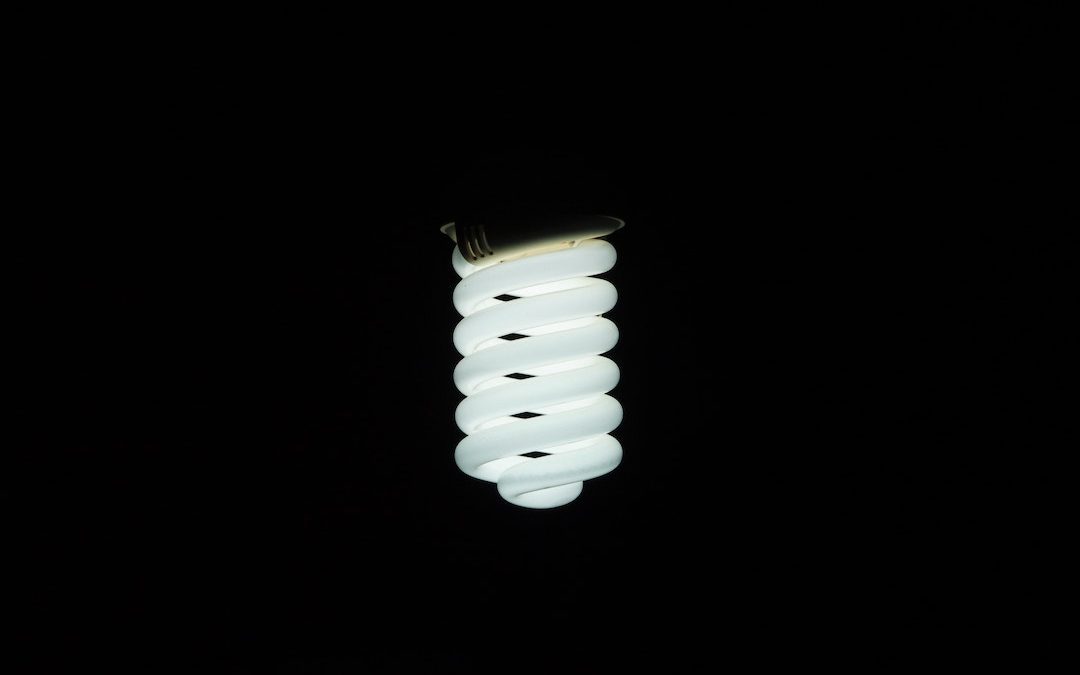
by Rachel Toalson | Wing Chair Musings
He is late.
He usually calls or texts when he’s going to be late, but lately we’ve been more strangers than lovers, passing each other in the hallways, smiling, dropping quick kisses, breezing out the door.
He didn’t even tell me where he was going today.
I’ve been working on a memoir about meeting the woman who broke up my parents’ marriage, along with her two kids—my half-brother and half-sister—who were kept a secret from my mother during my parents’ marriage, except for the answering machine message I still remember, forever imprinted on my 9-year-old brain.
I’ve been dreaming about my mother, feeling her humiliation, sweating drops of regret. Today I could be her for the worry and fear that wraps around my throat and squeezes.
My thoughts seesaw between the two: What if he’s with someone else? What if something happened to him?
Both are equally irrational; this has happened before when he’s going to be late and he forgets to call and I work myself up into an agitated state and call him a few times, text him a few times, look up every highway he might have taken today to see if there were any fatal accidents reported, and if there were, I panic and make lists of police department numbers I can call if it gets too late and he’s still not home.
And then the door opens and it’s him. Standing. Smiling. Bending to kiss me. My tears are embarrassing then, as are the messages I’ve left on his cell to call me, I’m worried, is he still alive? As though he could answer if he weren’t.
He’s also never given me any reason to believe he would be unfaithful, but when you grow up with the trauma of learning your dad—the man you trusted to love you—has a whole secret family you didn’t know about, you grow up knowing anyone in the world can let you down. Anyone.
Even him.
I search for his location on my “locate iPhone” map. He’s right down the road. I remember now, about the business lunch, the workout. It’s a good sign that he’s late.
I breathe. I survive. I overcome.
One more victory against the past that stretches on.
(Photo by Anton Belashov on Unsplash)







